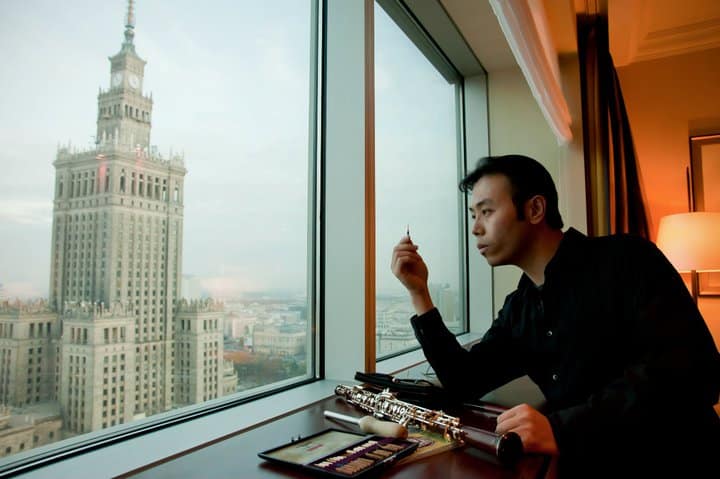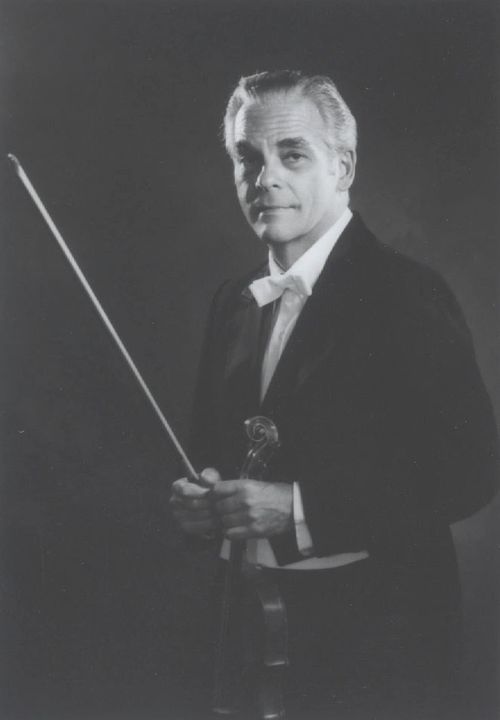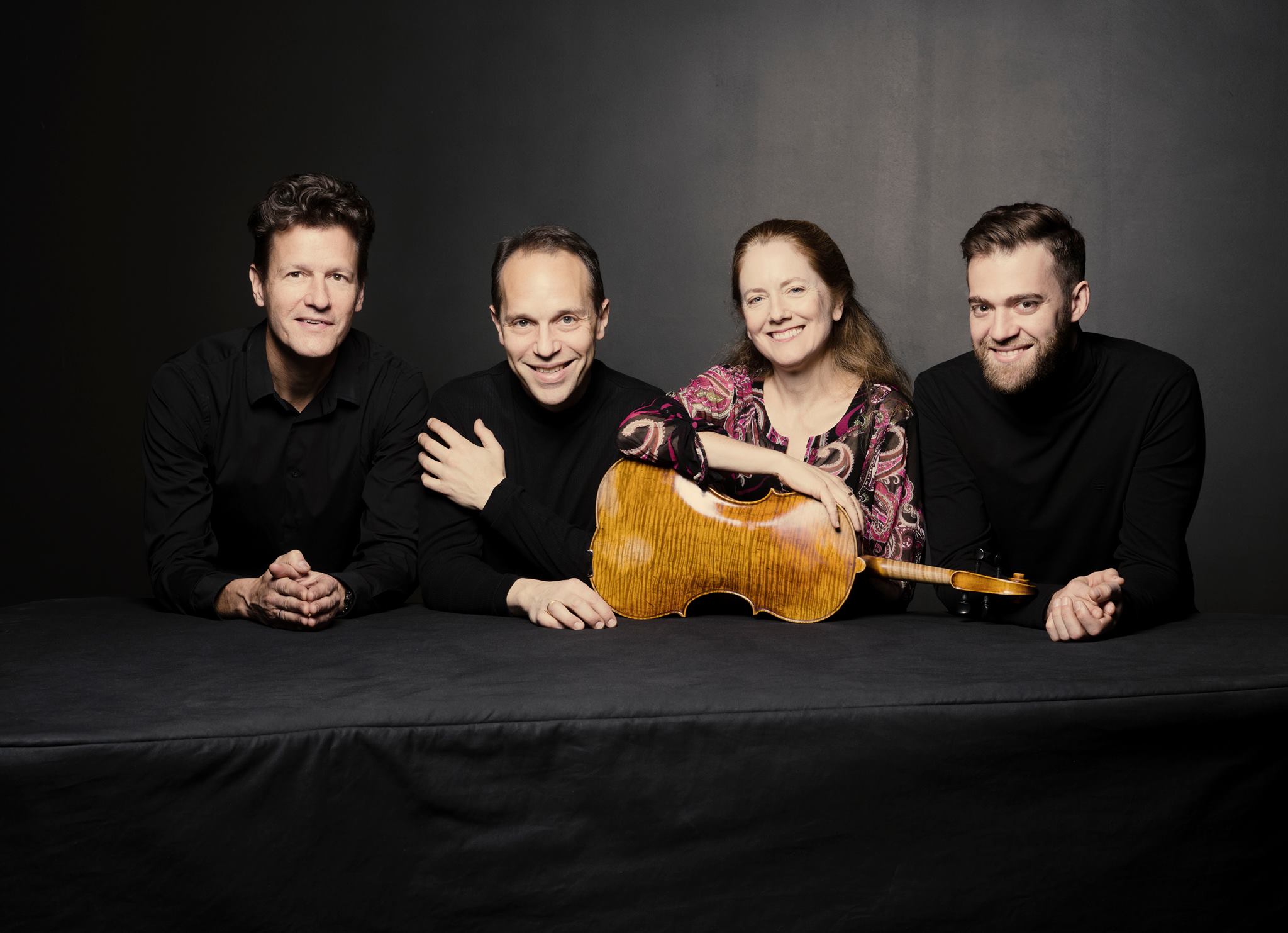US maestro: ‘My grandmother … killed a lot of Germans’
mainJaap van Zweeden, music director in Dallas, is talking about Shostakovich 8 and remembering his grandma who fought in the Dutch resistance.
He quickly adds: ‘She was not proud of it. She said: these young men had a future and I took that away.’

He’s conducting Shostakovich 8 in New York this week.





I heard many stories from my Dutch relatives how women would get German soldiers drunk in the bars, take them outside, push them into the canal and hold them under with a barge pole.
Many people did things during the war they would not otherwise have done and it honours us not to judge.
The correct spelling is: Zweden (one e)
“These young men” had no business in her country. And I doubt they were all peace and love.
There should be made a distinction between the SS and the Wehrmacht. Many young men were simply forced to fight in the Wehrmacht, no choice there. And there will have been German soldiers who just had not wanted all those atrocities, but were merely part of a greater tragedy. With the SS, the nazi ideology mobilized the hooligans of society, which are to be found everywhere in any society, as we can see nowadays in the news, and who are always happy to find opportunities to exercise their brutalities.
My mother (who narrowly escaped death during the Rotterdam bombardement) once told how she saw adolescent German soldiers marching, at the end of the war, and the heartbreaking look of despair in their eyes.
I would be very proud of my grandmother if I knew that she killed a lot of Germans on WWII
Both my father Frans and my mother Nel acted in the Dutch resistantmovement in the period 40-45: they even met each other in that period. With great respect and also with pride I remember and honour them for their enormous courage in weird, sometimes very dangereous times.
My father never spoke about the functional killings which he and his friends had committed on that SS-rabble, mainly because they could not whipe-out the fact that their actions concerned ‘also’ ad fundum fellow-human beings. Dangerous enemy-humans, but humans with all its implicit vulnerability.
Were they ashamed because of their killing-actions? No. For these things had to be done in permanent war-circumstances according to the despicable nazi-doctrine. But it scratched their souls in one or another way.
Descendants of former restantpeople have – like Mr Jaap van Zweden – lots of reasons to be very proud on their parents or/and grandparents, who could survived what others did not. Lots of Dutch graveyards testify up till now how things could go very wrong in the Netherlands during WW2…
Gloria, Laus et Honor.
Actual killings by Dutch resistance seem to have been pretty rare…
“The Dutch resistance to the Nazi occupation of the Netherlands during World War II can be mainly characterized by its prominent non-violence, peaking at over 300,000 people in hiding in the autumn of 1944, tended to by some 60,000 to 200,000 illegal landlords and caretakers and tolerated knowingly by some one million people, including German occupiers and military.[1]”
http://en.wikipedia.org/wiki/Dutch_resistance
My late parents were active in the resistant-movement in the (in May 1940 bombarded) city of Rotterdam that was a.o. of vital interest for the occupying German forces. Actions a.o. violent actions against the Germans – Wehrmacht and SS – by them and their friends happened from 1941 on almost continuesly. Besides hiding jewish fellow-citizens, falsifying official documents, printing and distributing ‘illegal’ newspapers, collecting and distributing food, hiding and transporting droped allied airpilots et cetera cetera.
No small beer
All together: they with their friends and colleagues elswere stood for the about 5% of the Dutch population that practically acted against the occupying Germans in all kinds of manners. This besides about 5% of the same population that colaborated with the German enemy en about 90% that kept silence and hoped for the best to survive.
That former, long gone world of the Dutch in WW2.